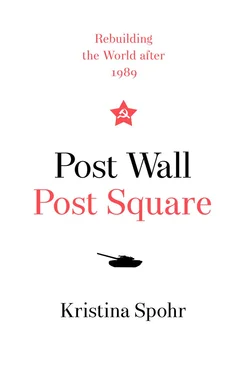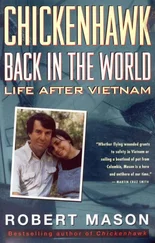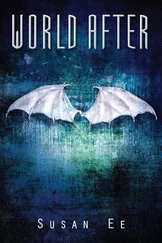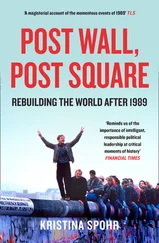The grand red-carpet entrée for Gorbachev up the sweeping steps of the Great Hall of the People that faces Tiananmen Square had to be abandoned. Instead there was a hastily arranged welcome ceremony at Beijing’s old airport and an incognito drive through backstreets and alleyways to enter the National People’s Congress building by a side door. Only when safely inside would Gorbachev enjoy a lavish state banquet hosted by President Yang. [126]
The situation was equally delicate for Gorbachev. The only appropriate response, it seemed, was to keep completely out of China’s internal politics and pretend that everything was running normally. But privately the Soviet delegation was shocked. Largely in the dark, they wondered whether China was falling apart. Maybe the country was in the midst of a wholesale ‘revolution’, perhaps on its political last legs? Gorbachev tried to act with appropriate ‘reserve and judiciousness’, as he put it later, but as soon as he saw the situation first-hand he felt they should leave for home as quickly as possible. [127]Obliged to speak to the press once during his visit, he offered only vague answers. He dodged questions about the protests – admitting he had seen the demonstrators with their banners demanding Deng’s resignation but saying that he would not himself assume ‘the role of a judge’ or even ‘deliver assessments’ about what was going on. [128]Of course, he said, he was personally for glasnost, perestroika and political dialogue but China was in a different situation and he was in no position to be ‘China’s Gorbachev’. Indeed, he had told his own staff on arriving that he was not keen to take the Chinese road, he did not want Red Square to look like Tiananmen Square. [129]
Conversely, the Chinese leadership did not want Beijing to go the way of Budapest or Warsaw. The visit of the prime champion of communist reform provoked intense debate within the CCP. On 13 May Deng had made clear his dogmatic hard-line position to the politically reformist Zhao Ziyang. ‘We must not give an inch on the basic principle of upholding Communist Party rule and rejecting a Western multiparty system.’ Zhao was not convinced: ‘When we allow some democracy, things might look chaotic on the surface; but these little “troubles” are normal inside a democratic and legal framework. They prevent major upheavals and actually make for stability and peace in the long run.’ [130]
Prime Minister Li Peng took a position similar to Deng, with a preconceived and highly negative view of the man from the Kremlin and his reform agenda: ‘Gorbachev shouts a lot and does little,’ Li wrote in his diary. And by eroding the party monopoly on power he had ‘created an opposition to himself’, whereas the CCP had kept sole control and thereby ‘united the great majority of officials’. Li also blamed glasnost for triggering ethnic unrest inside the USSR, especially the Caucasus, and for stirring up the political upheavals in Eastern Europe. He warned that such recklessness might lead to the total break-up of the Soviet empire and spread this contagion to China itself. Deng and Li spoke for most of the inner circle, which was extremely wary of their Soviet visitor – especially given the inspirational effect he clearly had on his youthful Chinese fan club. [131]
Like Bush three months earlier, on 15 and 16 May Gorbachev met with China’s senior figures. But unlike Bush’s experience, there were no warm recollections of past times together; no intimacy or small talk. In fact, even though Yang and Li had lived for a while in the USSR as students and spoke Russian quite well, there was no personal connection between Gorbachev and his Chinese interlocutors. But, as with Bush, it was the encounter with Deng that really mattered to Gorbachev.
‘Gorbachev 58, Deng 85’ [fn1]read some of the banners in the streets, contrasting the youthfulness and dynamism of the Russian leader and the conservatism of his ‘elderly’ Chinese counterpart, who would be 85 in August. Gorbachev was keen to make a good impression on Deng: trying to be tactful and deferential – for once, inclined to listen rather than talk. To let the older man speak, he reasoned, ‘is valued in the East’. The Chinese were equally sensitive to style and symbolism. They wanted to avoid all bear hugs or smooching of the sort that communist leaders so often lavished on each other. Instead they were keen to see the ‘new’ Sino-Soviet relationship, symbolised by a respectful handshake. This would be appropriate to international norms and also underline the formal equality now being established between Beijing and Moscow. [132]
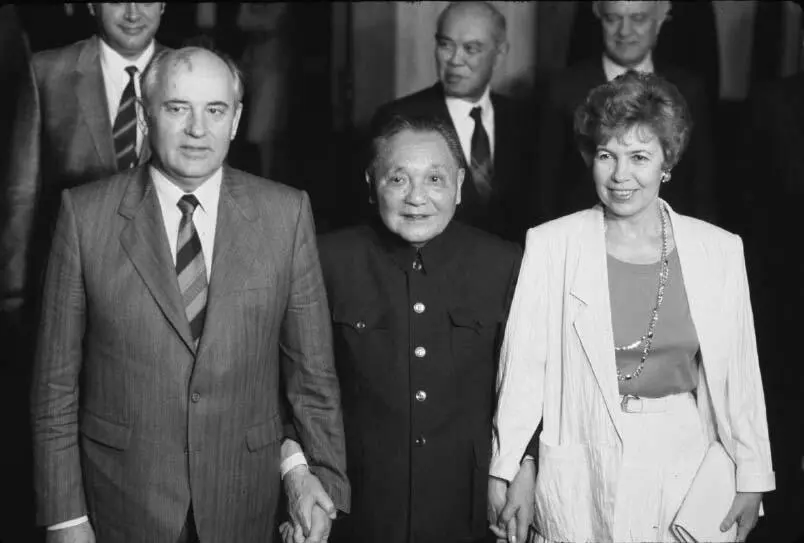
A friendly grip? Deng with Mikhail and Raisa
Deng and Gorbachev met for two hours in the Great Hall of the People on 16 May. The first few minutes were televised live so they could announce to the world the official normalisation of their relations. The catalyst, Deng said, had been when Gorbachev assumed power in 1985 and began to reassess Soviet foreign policy, moving away from the Cold War with the West and conflicts with other countries. He particularly praised Gorbachev’s speech at Vladivostok in July 1986, when the Soviet leader had made a major overture to China. ‘Comrade Gorbachev, all the people of the world, and I myself, saw new content in the political thinking of the Soviet Union. I saw that there might be a turning point in your relations with the United States and it might be possible to find a way out of the confrontation and transform the situation into one of dialogue.’ Since then, he added, Gorbachev had gradually removed or reduced the three big obstacles: Afghanistan, the Sino-Soviet border disputes, and then the war in Cambodia. As a result they had been able to normalise both state and party relations between the USSR and PRC. [133]
In public, therefore, all was sweetness and light. But once the TV cameras had left, Deng changed his tone. ‘I would like to say a few words about Marxism and Leninism. We have studied it for many years.’ Much of what had been said in the past thirty years had ‘turned out to be empty’, he observed. The world had moved on from the days of Marx, and Marxist doctrine must move as well. Gorbachev remarked that ‘Thirty years did not pass in vain … by contrast, we rose to a new level of comprehension of socialism’ and, he added, ‘now we study Lenin’s legacy more attentively’. But, Deng interjected, Leninism also had to move with the times, not least because ‘the situation in the world is constantly changing … he who cannot develop Marxism–Leninism taking into consideration the new conditions is not a real Communist’. Deng’s thrust seemed to be that ideology had to evolve in the light of changing national and international circumstances – ‘there is no ready-made model of any kind’ – but that a socialist ideological framework remained essential to avoid the chaos of pragmatism and mere experimentation. [134]
Here was a coded but clear critique of Gorbachev’s approach to reform in the ‘construction of socialism’, but the Soviet leader – seeking to remain deferential – chose to ignore it, agreeing instead with his Chinese counterpart that they ‘must now draw a line under the past, turning one’s sights to the future’. Yes, said Deng, ‘but it would be incorrect if I did not say anything today about the past’. Each side, he added, had ‘the right to express their own point of view’ and he would start the ball rolling. ‘Fine,’ said Gorbachev, only to be on the receiving end of a long and rambling monologue by the aged Chinese leader about the damage and indignities inflicted on his country over the course of the twentieth century. Deng listed in turn the territorial depredations by Britain, Portugal, Japan, tsarist Russia and then the USSR under Stalin and Khrushchev – and especially, after the Sino-Soviet split, the Soviet military threat along China’s own border. Though dismissing the ideological quarrels of the past, Deng conceded ‘We were also wrong.’ But he clearly laid overwhelming blame for their bilateral tensions at the Kremlin’s door: ‘the Soviet Union incorrectly perceived China’s place in the world … the essence of all problems was that we were in an unequal situation, that we were slighted and oppressed’. [135]
Читать дальше
